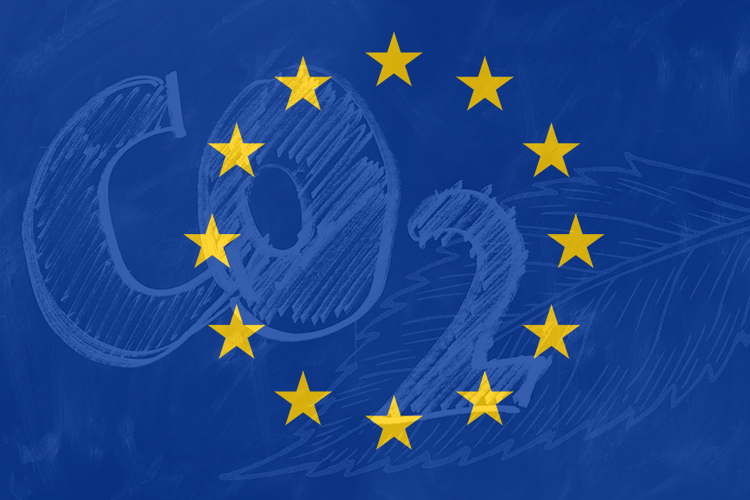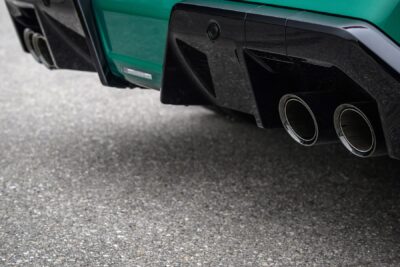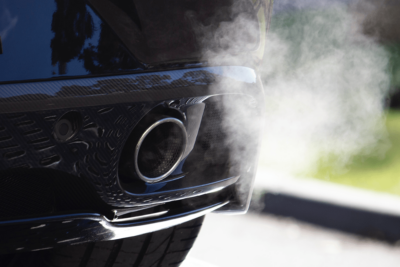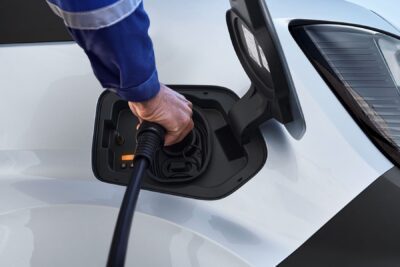EU combustion vehicle sales ban under fire
Germany’s uncertain position on the phasing out of internal combustion vehicles (ICE) in the EU from 2035 appears to embolden other governments to make their own demands. If Germany abstains in the EU Council of Ministers, countries could succeed in watering down the incoming regulation on transport decarbonisation.
As the Süddeutsche Zeitung reports, six EU states could still stop the 2035 phase-out of internal combustion vehicles. After the German political party FDP demanded that the German government not agree to the plan, Italy’s government, with the support of Portugal, Bulgaria, Romania and Slovakia, had sent out a position paper demanding that CO2 emissions from new cars be reduced by only 90 instead of 100 per cent by 2035. According to these countries, 100 per cent should only apply in 2040. In addition, there should be special rules for synthetic fuels.
The Council of Ministers decides on the matter with a so-called qualified majority. Countries can block a bill if they together represent more than 35 per cent of the EU population. If the traffic light coalition does not agree (possibly with compromises for the German liberal party FDP), Germany would have to abstain in the Council of Ministers. And if it abstains, Germany would be counted in the No camp, which would have major implications: Germany, Italy, Portugal, Bulgaria, Romania and Slovakia together account for more than 40 per cent of the population.
Italy’s demand probably also goes back to Italian sports car makers – with a 90 per cent reduction in CO2 emissions by 2035, most of the fleet would have to be pure electric, but some combustion models could still be sold. Italy’s proposal on e-fuels is similar to that of the FDP: new cars should still be allowed to have an internal combustion engine after 2035 as long as it is ensured that clean, synthetic fuels power them – the Italians do not specify in the letter how such a regulation could be implemented in practice.
The dispute in the German government also revolves primarily around the issue of e-fuels – and the interpretation of the coalition agreement. There it says: “According to the proposals of the European Commission, only CO2-neutral vehicles will be registered in the transport sector in Europe in 2035 – this will have an effect in Germany correspondingly earlier. Outside the existing system of fleet limits, we are committed to ensuring that only vehicles that can be demonstrably fuelled with e-fuels can be newly registered.”
For the Green party, the keyword is “outside”: they interpret the passage to mean that for vehicles in the current system of fleet limits, it is decided that the internal combustion engine is out. Only vehicles that are not part of the system (i.e. outside) should be able to use e-fuels – such as tractors, trucks or emergency vehicles. The FDP, on the other hand, insists that the two sets cannot be separated – and want to apply the e-fuel passage to passenger cars and light commercial vehicles as well.
The Council of Ministers meets in Brussels on Monday, by which time the government must have agreed on a position. According to “Der Spiegel”, a compromise proposal from a green ministry is currently being examined, according to which no new combustion vehicles would be registered from 20235. Still, an admixture of e-fuels would be examined for the fuel of existing vehicles.
At the EU level, France could offer the states a compromise solution. The French still hold the EU Council Presidency until the end of June and thus conduct business in the Council of Ministers, among others.
sueddeutsche.de, spiegel.de (in German)





0 Comments